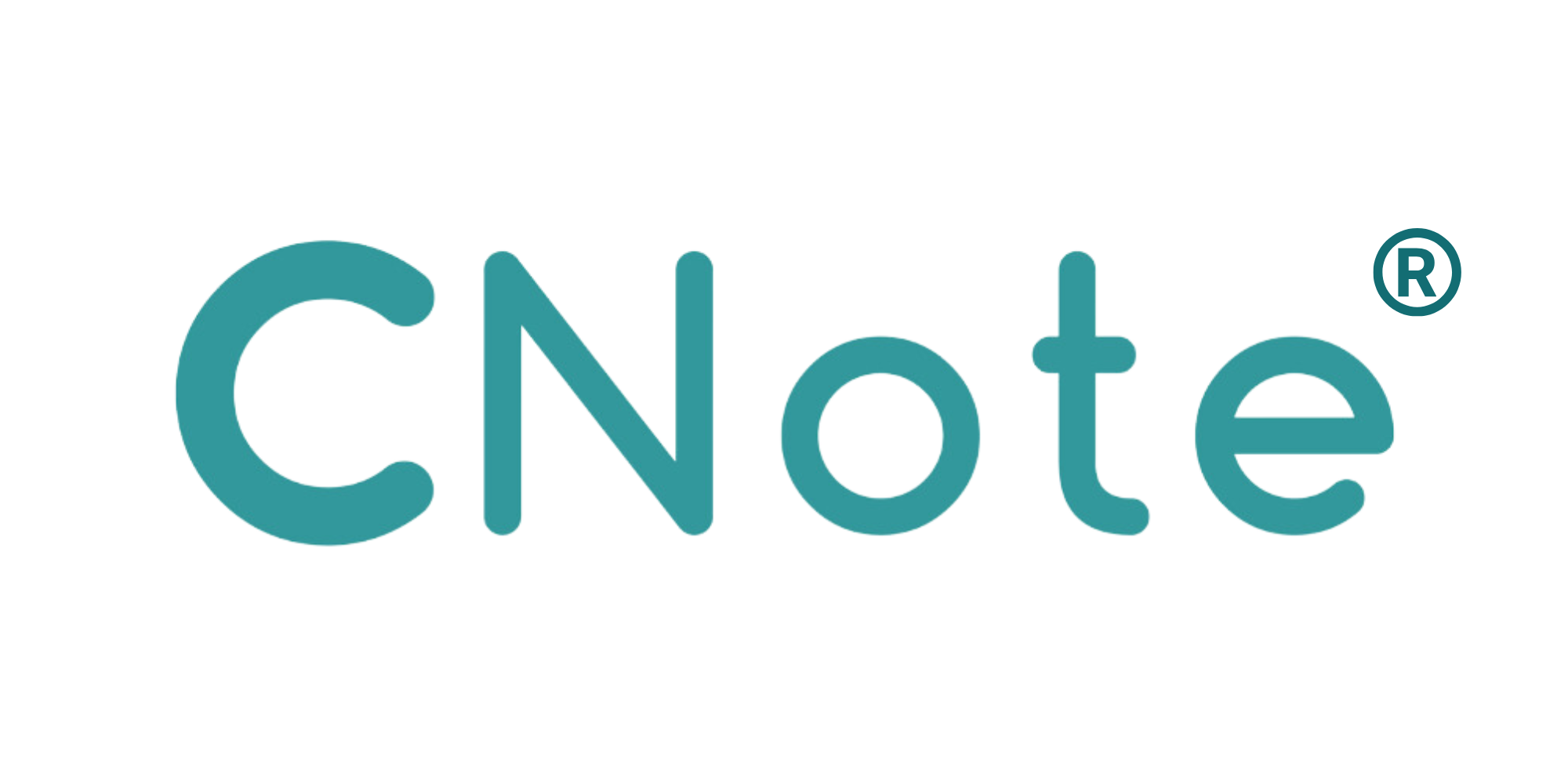In today’s business environment, cash management is not just about maximizing returns and maintaining liquidity—it’s also about aligning financial strategies with organizational values. Values-based cash management is gaining momentum as more organizations realize the significant impact their financial decisions can have on the communities they serve. At the forefront of this movement are community banks and credit unions, whose deep local roots and mission-driven models offer a unique opportunity to integrate values into cash strategies and make cash work harder.
The Benefits of Working with Community Banks and Credit Unions
Community banks and credit unions play a vital role in promoting economic growth and stability. They are closely tied to their communities and prioritize relationships over transactions. This approach not only fosters trust but also ensures that the capital deposited with these institutions is reinvested locally, supporting small businesses, affordable housing initiatives, and community development projects.
De-Risking Community Banks and Credit Unions
A common misconception is that community banks and credit unions carry more risk. However, this is not the case. Many community banks and credit unions are highly regulated, with strict lending practices and robust risk management frameworks. By taking a thoughtful approach to cash management, organizations can confidently diversify their strategies while supporting the economic well-being of the communities where they operate. It’s a win-win scenario where security and impact go hand in hand.
Stimulating the Economy and Supporting Small Businesses with Values-Based Cash Management
One of the most compelling reasons to adopt value-based cash management is the positive economic ripple effect. Community banks and credit unions are instrumental in providing loans to small businesses, often in underserved areas where access to capital can be a significant barrier to growth. These loans help create jobs, support entrepreneurs, and drive innovation, contributing to a more robust and equitable economy.
Moreover, these institutions often participate in community-specific programs, such as disaster recovery initiatives, affordable housing projects, and financial literacy education, amplifying their impact beyond traditional banking services.
Integrating Values-Based Cash Management into Your Organization’s Strategy
For organizations looking to align their financial strategies with their values, incorporating community banks and credit unions into their cash management approach is a strategic move. By choosing values-based cash management, organizations can maintain liquidity and security while advancing their corporate values. Additionally, this strategy ensures that cash is not sitting idle but actively contributing to financial stability and economic growth.
Values-based cash management is not just a trend—it’s a strategic approach that enables organizations to align their financial goals with their broader mission. By working with community banks and credit unions, organizations can de-risk their cash management strategies while driving meaningful impact in the communities where their employees live and customers buy. With the right approach, values-based cash management can make cash work harder, becoming a powerful component of a comprehensive and impactful financial strategy.
Disclosure: This information should not be relied upon as research, investment or financial advice, or a recommendation regarding any products, strategies, or any security in particular. This material is strictly for illustrative, educational, or informational purposes and is subject to change. Investing involves risks, including possible loss of principal. The information does not purport to provide any legal, tax or accounting advice.


